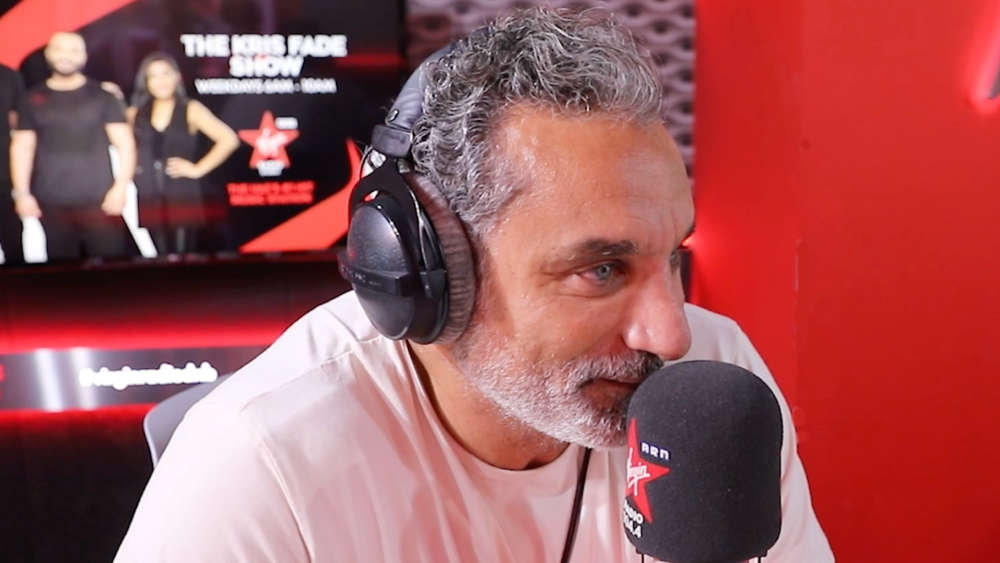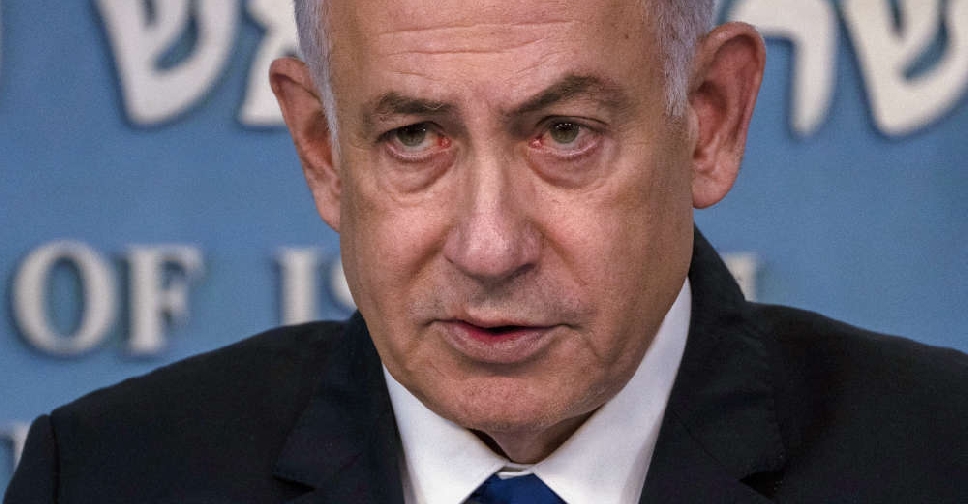
Israel on Sunday said it will not tolerate presence of Hayat Tahrir al-Sham (HTS) in southern Syria, nor any other forces affiliated with the country's new rulers, and demanded the territory be demilitarised.
Former Al Qaeda affiliate HTS took control of Damascus on December 8 in a stunning offensive, ending then-president Bashar al-Assad's rule and prompting a wary Israel to move forces into a UN-monitored demilitarised zone within Syria.
Israeli Prime Minister Benjamin Netanyahu said that Israel will keep its positions there as a defensive measure and for as long as is necessary.
"We will not allow forces of the HTS or the new Syrian army to enter the territory south of Damascus. We demand full demilitarisation of southern Syria, in the provinces of Quneitra, Daraa and Sweida," Netanyahu said at a military graduation ceremony.
"And we will not tolerate any threat to the Druze sect in southern Syria," he added. The Druze, who practice an offshoot of Islam, are a minority group in Syria as well as Israel.
Syria has demanded Israel withdraw its forces from the country. The United Nations says Israel's move into Syrian territory is a violation of international agreements and has also called for the troops to be withdrawn.



 Qatar busts two cells linked to Iran’s Revolutionary Guard
Qatar busts two cells linked to Iran’s Revolutionary Guard
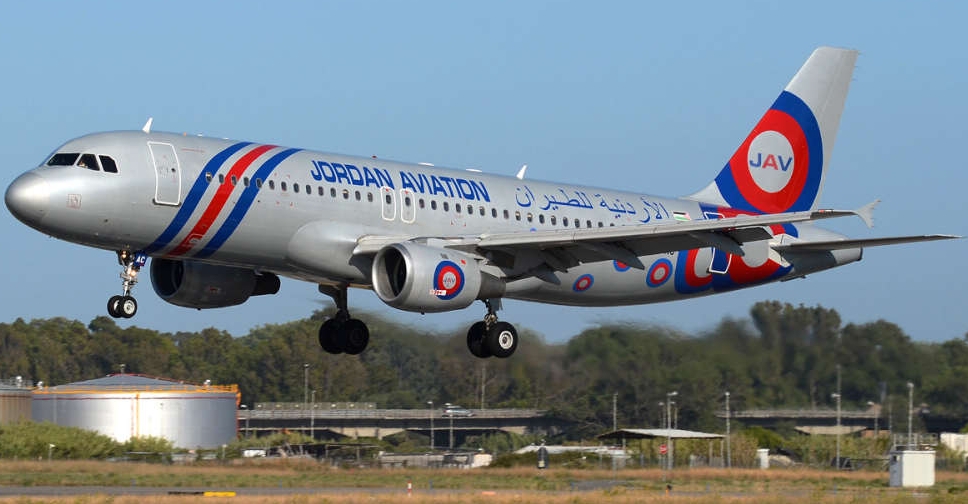 Jordanian airspace reopens after 'comprehensive review'
Jordanian airspace reopens after 'comprehensive review'
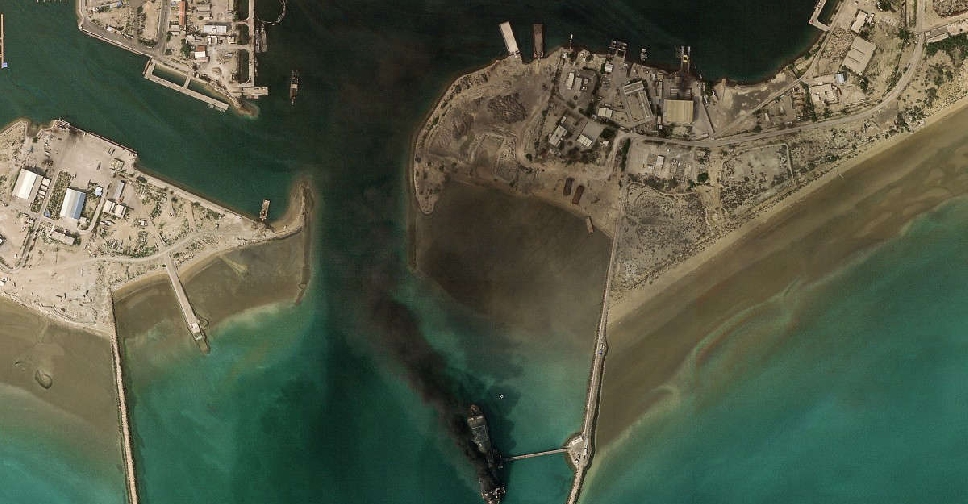 Iran vows to attack any ship trying to pass through Strait of Hormuz
Iran vows to attack any ship trying to pass through Strait of Hormuz
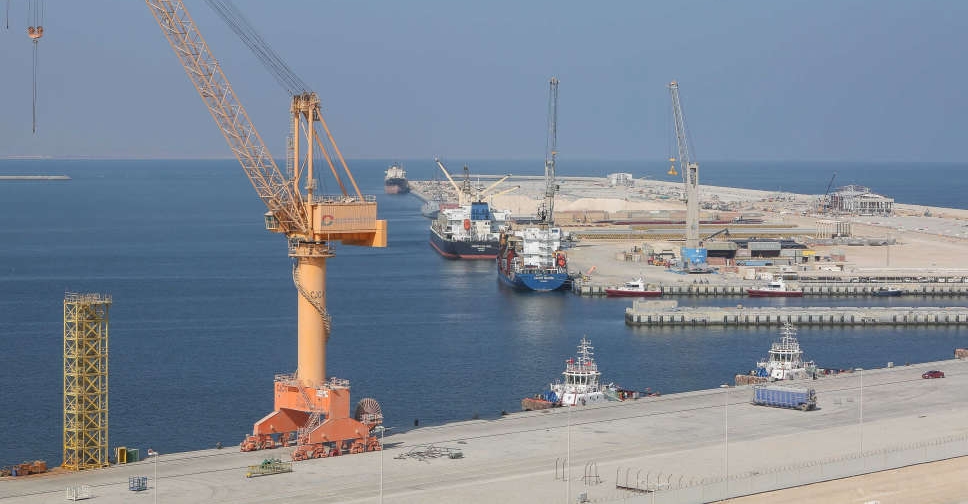 Drones target fuel tanks at Oman’s Duqm Port
Drones target fuel tanks at Oman’s Duqm Port
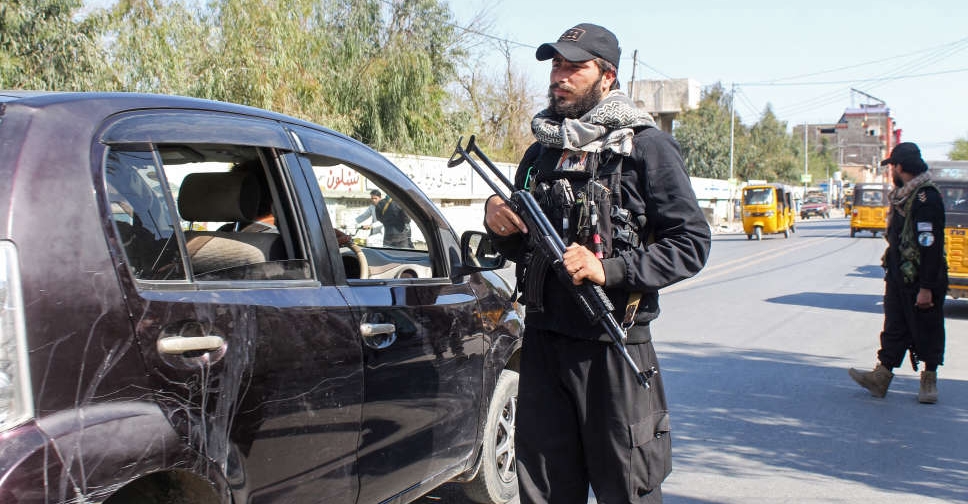 At least 42 civilians killed in Afghanistan in conflict with Pakistan, UN agency says
At least 42 civilians killed in Afghanistan in conflict with Pakistan, UN agency says




